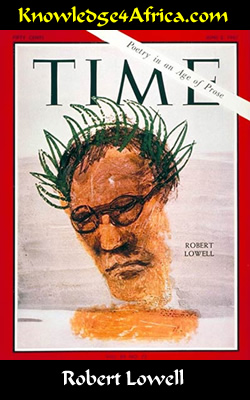Sonmy or Son My is a district in Vietnam which is divided into four villages, My Lai being one
of them. "Pinkville" refers to a military description of the My Lai area.
In March 1968, American soldiers embarked on a "search and destroy" mission to
uncover communist fighters, or "Vietcong" as they were known.
The American troops were landed by helicopter. Within three hours, between 350 and 500
Vietnamese civilians were killed in cold blood.
Hand grenades were thrown into civilian homes and the fleeing people were bayoneted. Others
were grouped and executed by machine gun.
Victims were also beaten and tortured, and bodies were mutilated. Women and young girls
were gang raped. Everything was burned, including houses, crops and livestock.
There was, however, no enemy fire and no Vietcong communist fighters were found. The
soldiers were told to keep quiet about the incident.
Nevertheless, many soldiers did eventually speak out. The My Lai massacre thereupon caused
a public outcry and led to a turning-point in American public opinion about the war.
This poem reflects the horrors of war, the deaths of innocents, the guilt at having participated
and the loss of values.
The poet also conveys the bitterness and anger felt by the soldiers, using the style of an actual
conversation, filled with the soldiers' jargon.
A NOTE ON ROBERT LOWELL
Robert Lowell was born in the eastern United States city of Boston in 1917. He attended
Harvard University for about two years before transferring to Kenyon College where he
graduated in 1940.
He suffered from bi-polar disease -- which has been described as a mental disorder that is
characterised by periods of mania and depression.
He volunteered for military service during World War II but he was deeply shocked by the Allied
bombing of German cities, with so many civilian deaths. He thereupon became a conscientious
objector, for which he was jailed for several months and then had to do community service.
He later became an outspoken critic of American involvement in the Vietnam War. To highlight
his opposition to this war, he even publicly refused President Lyndon Johnson's personal
invitation to a prestigious Arts Festival held at the White House.
Have you looked at the questions
in the right column?



